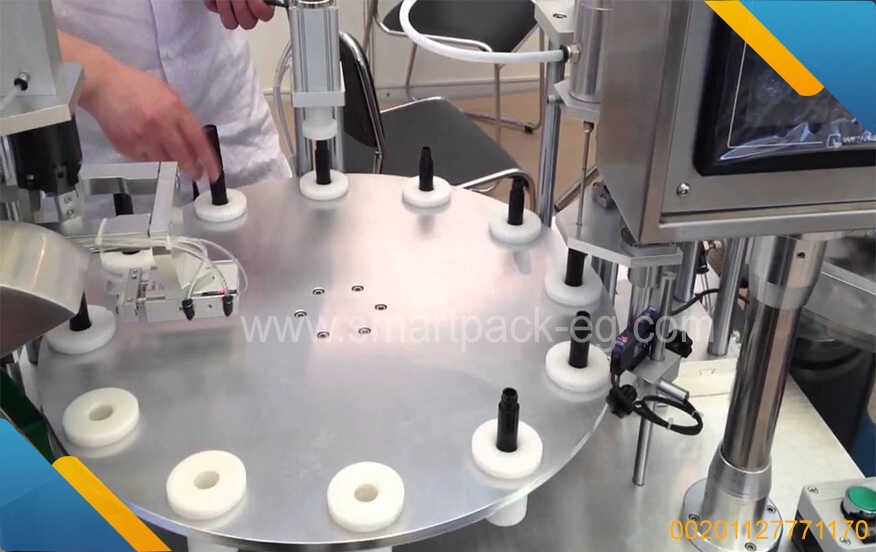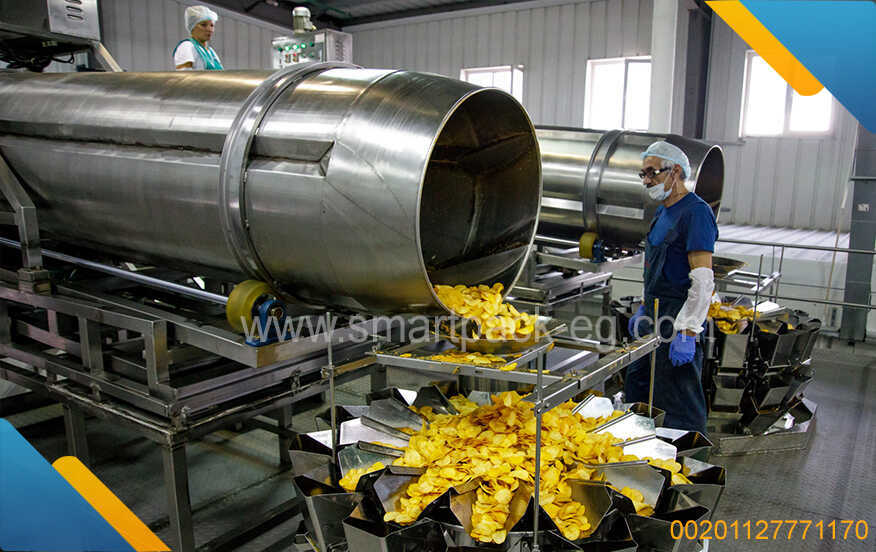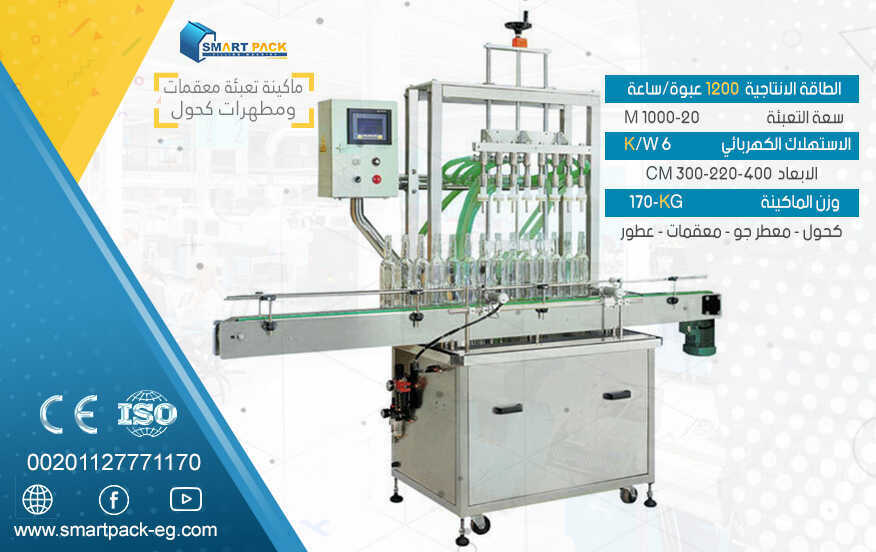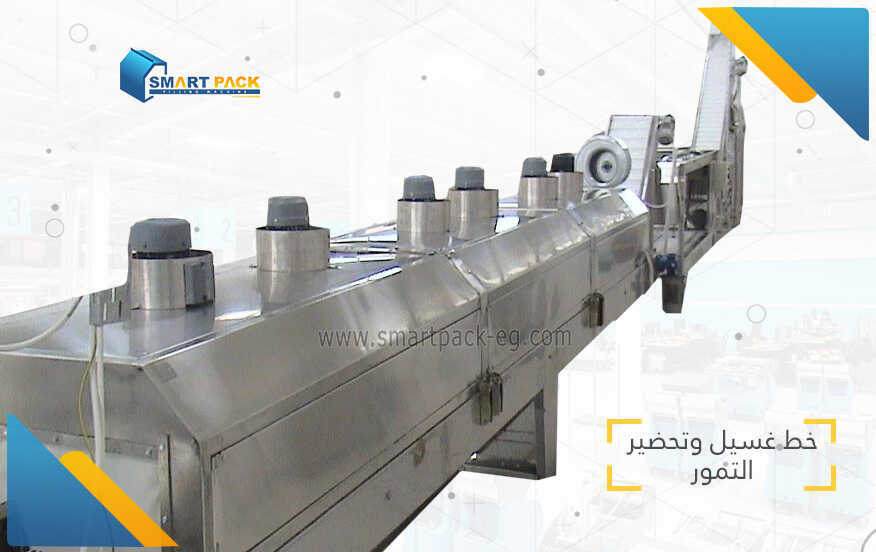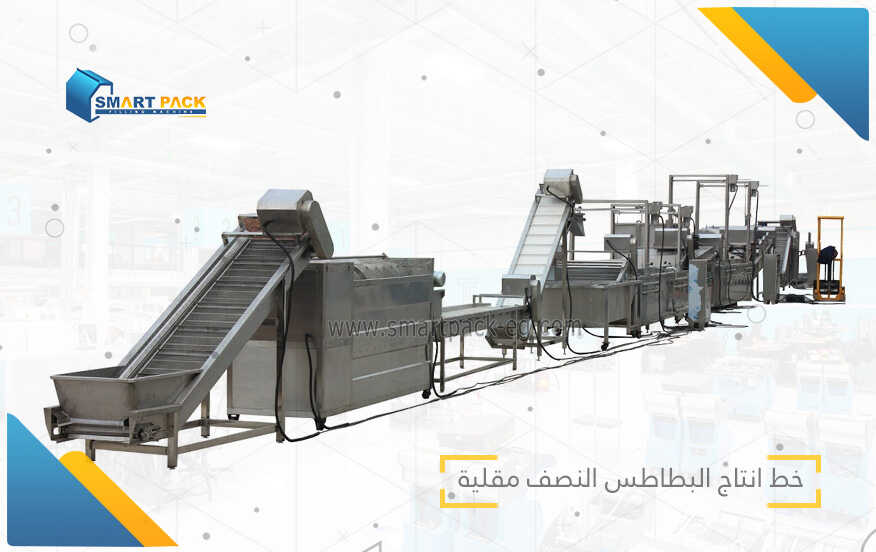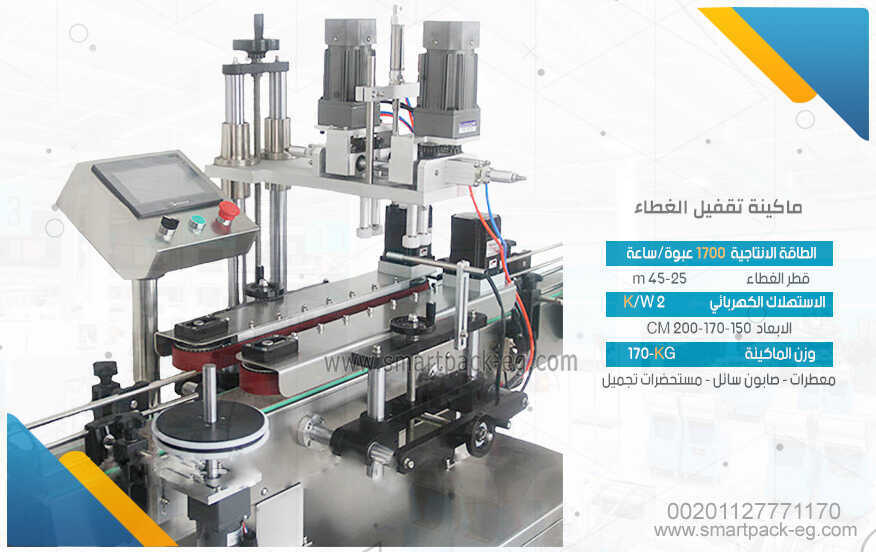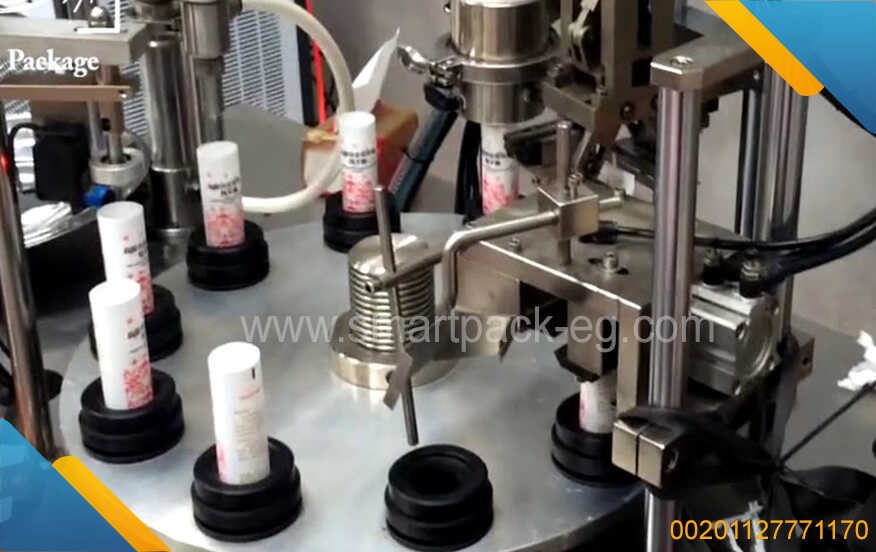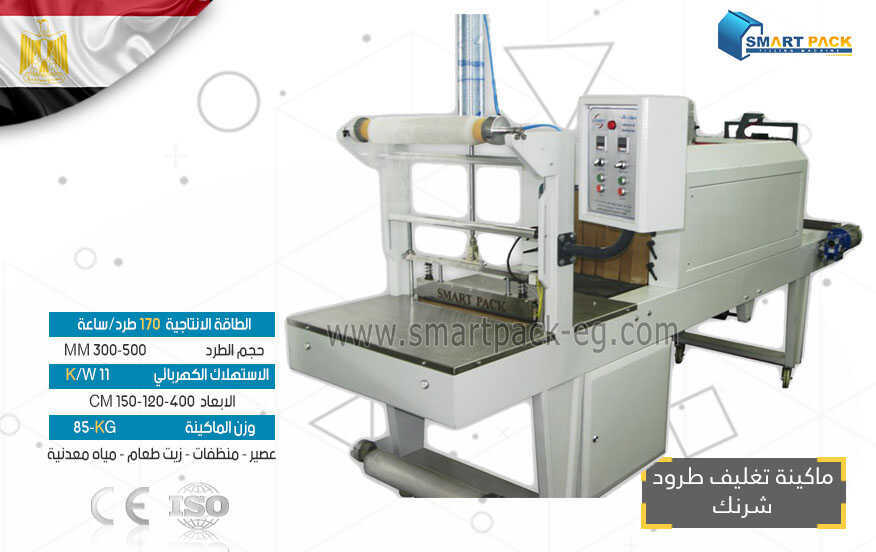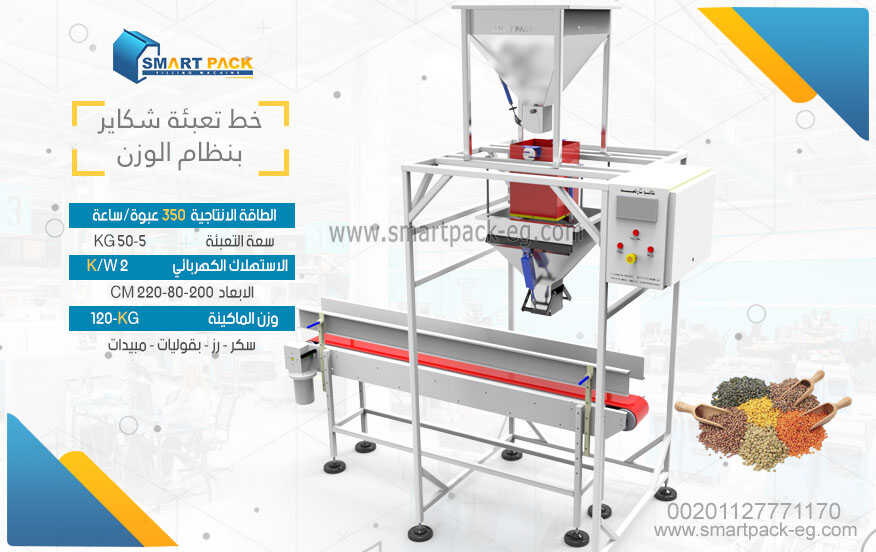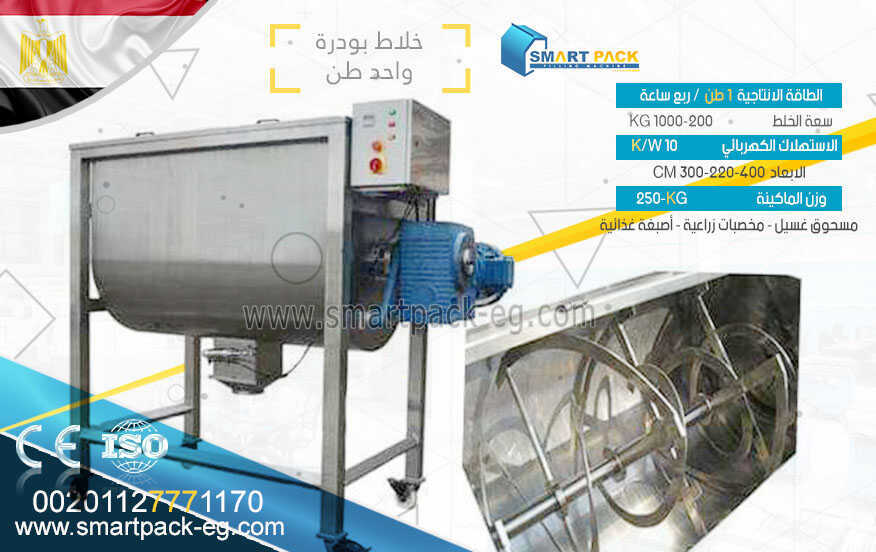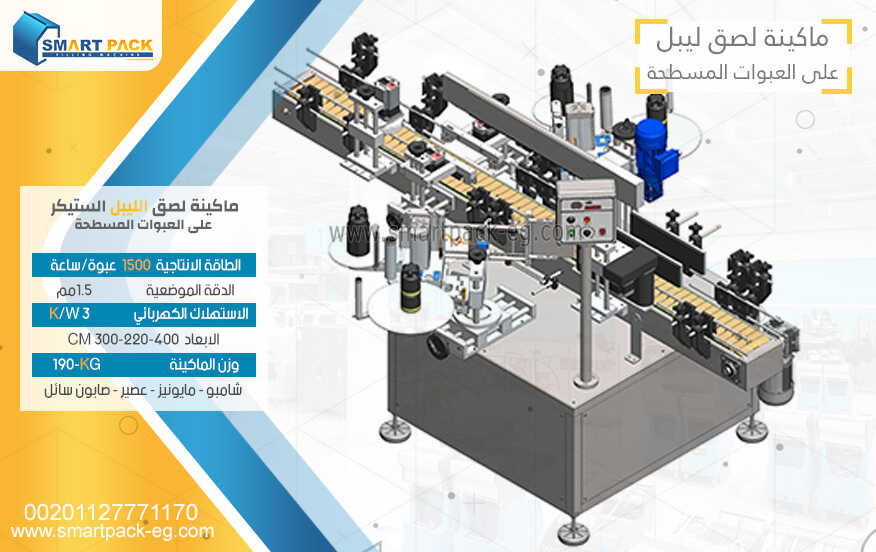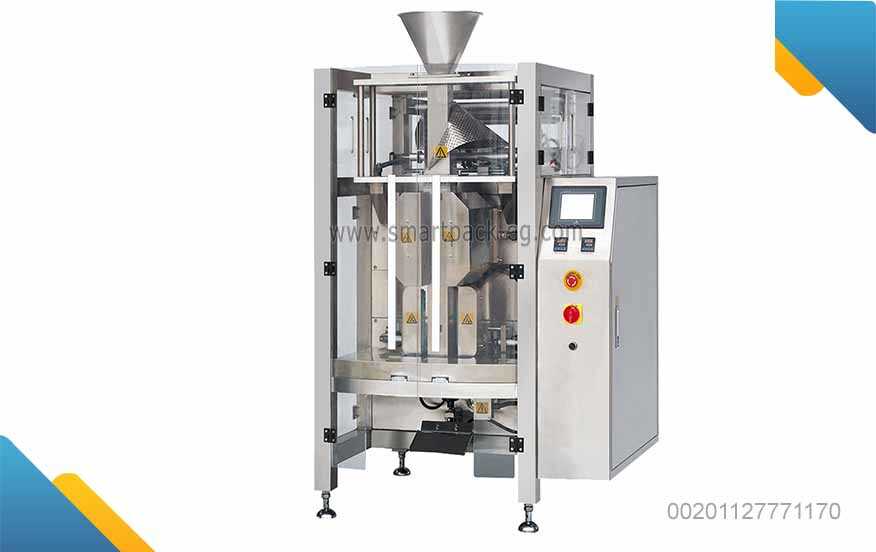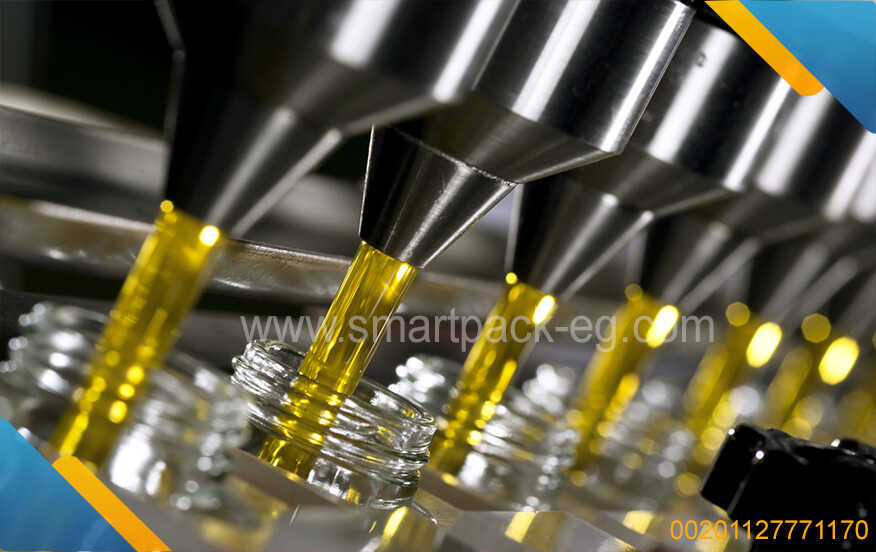Product Description
As the cosmetic industry thrives on innovation and quality, mascara production plays a significant role in meeting the demands of beauty enthusiasts worldwide. Understanding the intricacies of mascara manufacturing sheds light on the meticulous processes involved in creating this essential beauty product.
The Complexity of Mascara Formulation
- Mascara formulation involves a precise blend of waxes, pigments, oils, and polymers to achieve the desired texture and function.
- The careful selection and combination of ingredients determine the mascara's properties, such as volumizing, lengthening, or curling effects.
Quality Control and Safety Standards
- Stringent quality control measures are implemented to ensure product safety and effectiveness.
- Each batch of mascara undergoes rigorous testing to meet industry standards and regulatory requirements.
Innovation in Mascara Packaging
- The packaging of mascara products is as crucial as the formulation itself, with innovative designs enhancing user experience and shelf appeal.
- From traditional wand applicators to modern tube packaging, mascara containers continue to evolve for convenience and aesthetic appeal.
Understanding the nuances of mascara production provides insight into the meticulous craftsmanship that goes into creating every tube of this beloved beauty product.
Importance of Efficient Filling Machines
Efficient filling machines are crucial components in the mascara production process, playing a pivotal role in ensuring quality, consistency, and productivity. With the increasing demand for cosmetic products, the use of advanced filling machines has become a necessity for manufacturers striving to meet market needs effectively.
Precision in Product Filling
- Accuracy and precision: Efficient filling machines guarantee accurate dispensing of mascara into containers, minimizing wastage and ensuring each product meets exact specifications.
- Consistency: Consistent filling results help maintain product quality and uniformity, crucial for brand reputation and customer satisfaction.
Enhanced Production Efficiency
- Speed and Capacity: Modern filling machines offer high-speed production capabilities and increased capacity, enabling manufacturers to streamline their operations and meet growing market demands efficiently.
- Automation: Automated filling processes reduce manual labor, decrease production time, and optimize overall efficiency.
Optimized Resource Utilization
- Cost-effectiveness: Efficient filling machines reduce operational costs by maximizing resource utilization and minimizing product wastage.
- Versatility: These machines can adapt to different container sizes and shapes, providing flexibility in production processes.
The adoption of efficient filling machines is not only about improving production efficiency but also about delivering high-quality mascara products consistently to consumers.
Mascara Production Process
Ingredients Used in Mascara Production
The formulation of mascara involves a blend of carefully selected ingredients that define the product's texture, performance, and overall quality. Understanding the key components used in mascara production provides insight into the science behind creating this beloved cosmetic product.
Key Ingredients in Mascara Formulation
- Pigments: Color pigments impart the desired shade to the mascara, ranging from classic blacks to vibrant blues and greens.
- Waxes: Beeswax, carnauba wax, and other waxes provide texture, structure, and waterproofing properties to the mascara formula.
- Oils: Various oils such as mineral oil, castor oil, or jojoba oil are used to moisturize, condition, and nourish lashes.
Functional Additives
- Polymers: Polymers contribute to the mascara's film-forming properties, aiding in lash adherence and curl retention.
- Preservatives: Essential for extending the mascara's shelf life by preventing microbial growth and maintaining product integrity.
- Emollients: Emollients help in smooth application, while conditioning agents promote lash health and flexibility.
By carefully selecting and combining these key ingredients, cosmetic manufacturers create mascara formulations that deliver not only visual impact but also nourishment and care for lashes.
Steps Involved in Mascara Manufacturing
The process of manufacturing mascara is a meticulous and multi-step procedure that combines expertise in formulation, production, and packaging to deliver a high-quality cosmetic product that meets consumer expectations. Understanding the sequence of steps involved in mascara manufacturing provides a glimpse into the intricate journey from raw materials to finished product.
Formulation and Mixing
- Ingredient Selection: Careful selection of pigments, waxes, oils, and additives based on desired mascara properties.
- Blending: Mixing ingredients in precise ratios to create a homogeneous mascara formulation.
- Heating and Melting: Applying heat to melt waxes and blend ingredients thoroughly.
Filling and Packaging
- Filling: Using efficient filling machines to dispense mascara into individual containers with accuracy and consistency.
- Sealing: Securing the mascara containers to prevent leakage and maintain product freshness.
- Labeling: Adding branding, batch numbers, and other essential information to the mascara packaging.
Quality Control and Testing
- Inspection: Conducting visual and functional checks to ensure product quality and integrity.
- Performance Testing: Evaluating mascara for properties like clumping, flaking, and waterproofness.
- Regulatory Compliance: Ensuring adherence to industry standards and regulations for consumer safety and product efficacy.
Each step in the mascara manufacturing process is essential in creating a product that not only enhances beauty but also meets the highest standards of quality and safety.
Types of Mascara Filling Machines
Automatic Filling Machines
In the realm of mascara production, automatic filling machines stand out as innovative solutions that streamline the filling process with precision and efficiency. These advanced machines have revolutionized the cosmetic industry by offering automated solutions that enhance productivity and product quality.
Efficiency and Speed
- High Speed: Automatic filling machines can fill mascara containers rapidly, reducing production time and increasing output.
- Consistent Results: The automated process ensures uniform filling levels in every container, promoting product consistency.
Flexibility and Versatility
- Adaptable: Automatic filling machines can accommodate various container sizes and shapes, providing flexibility in production.
- Easy Integration: These machines can be seamlessly integrated into existing cosmetic filling lines for enhanced efficiency.
Precision and Accuracy
- Accurate Measurements: Automatic filling machines dispense precise amounts of mascara, minimizing product wastage and ensuring cost-effectiveness.
- Quality Control: The automated process reduces human error, contributing to higher quality control standards.
Automatic filling machines have become indispensable assets in the mascara manufacturing process, offering a perfect blend of speed, accuracy, and reliability to meet the demands of modern cosmetic production lines.
Semi-Automatic Filling Machines
While automatic filling machines offer unparalleled efficiency, semi-automatic filling machines cater to manufacturers seeking a balance between automation and manual control in the mascara production process. These versatile machines provide a cost-effective solution for companies looking to enhance their filling operations without fully transitioning to full automation.
Control and Flexibility
- Manual Intervention: Semi-automatic machines allow operators to have control over the filling process, making adjustments as needed.
- Customization: Manufacturers can set parameters for filling volumes and speed based on specific product requirements.
Cost-Effective Solution
- Affordability: Semi-automatic filling machines are typically more budget-friendly than fully automatic counterparts, making them suitable for small to medium-sized cosmetic companies.
- Ease of Use: These machines are user-friendly and require minimal training for operation, reducing labor costs.
Enhanced Efficiency
- Improved Productivity: Semi-automatic machines offer faster filling speeds compared to manual filling methods, increasing production efficiency.
- Consistent Results: While not fully automated, these machines provide a higher level of filling accuracy and consistency than manual processes.
Semi-automatic filling machines provide a middle ground between manual labor and complete automation, offering a versatile and cost-effective solution for manufacturers looking to optimize their mascara production processes.
Features to Consider in Mascara Filling Machines
Capacity and Speed
When it comes to selecting a mascara filling machine, considering the capacity and speed of the equipment is crucial for optimizing production efficiency and meeting market demands. The capacity determines the volume of mascara that can be filled per unit of time, while speed plays a significant role in ensuring timely production and delivery of cosmetic products.
Capacity Considerations
- Production Volume: Assessing the daily or hourly output requirements to choose a filling machine with the appropriate capacity.
- Batch Sizes: Matching the machine's capacity to the typical batch sizes used in mascara production for seamless workflow.
Speed Efficiency
- Production Rates: Evaluating the speed at which the filling machine can dispense mascara into containers for continuous and efficient production.
- Time Optimization: Faster filling speeds contribute to meeting deadlines, reducing lead times, and enhancing overall manufacturing efficiency.
Balancing Capacity and Speed
- Finding the Right Fit: Selecting a mascara filling machine that strikes a balance between capacity and speed to maximize productivity.
- Scalability: Choosing a machine that can scale up production capacity while maintaining efficient filling speeds for future business growth.
By carefully considering the capacity and speed aspects of a mascara filling machine, cosmetic manufacturers can ensure smooth operations, increased productivity, and timely delivery of high-quality mascara products to the market.
Accuracy and Precision
In the realm of mascara production, accuracy and precision in filling operations are paramount to ensure consistent product quality and customer satisfaction. The ability of a mascara filling machine to dispense the exact amount of product with precision plays a critical role in maintaining uniformity across batches and meeting strict industry standards.
Importance of Accuracy
- Consistent Results: Accurate filling ensures that each mascara container contains the specified amount of product, preventing underfilling or wastage.
- Quality Assurance: Precision in filling contributes to product integrity, minimizing variations in product performance and appearance.
Ensuring Precision
- Measurement Controls: Filling machines equipped with advanced measurement controls can accurately dispense mascara to the desired levels, optimizing product consistency.
- Calibration: Regular calibration of filling machines is essential to maintain accuracy and precision in dispensing mascara formulations.
Benefits of Precision Filling
- Customer Satisfaction: Accurate and precise filling results in uniform product quality, enhancing customer satisfaction and brand reputation.
- Cost-Efficiency: Minimizing product wastage through precise filling translates to cost savings and improved production efficiency.
By prioritizing accuracy and precision in mascara filling operations, cosmetic manufacturers can uphold product quality, adhere to regulatory requirements, and elevate the overall production standards in the cosmetics industry.
Benefits of Using a Mascara Filling Machine
Increased Production Efficiency
Efficiency in mascara production is a key factor in meeting market demands and maximizing profitability. By utilizing advanced mascara filling machines, manufacturers can significantly enhance production efficiency, streamline operations, and optimize output to meet the growing needs of consumers.
Streamlined Operations
- Automated Processes: Filling machines automate the dispensing of mascara into containers, reducing manual labor and increasing production speed.
- Workflow Optimization: Efficient filling machines ensure a smooth and continuous workflow, minimizing downtime and maximizing productivity.
Resource Utilization
- Minimized Wastage: Precise and accurate filling techniques minimize product wastage, optimizing resource utilization and reducing operational costs.
- Labor Efficiency: Automated filling machines require less manual intervention, allowing labor resources to be allocated to other critical tasks.
Scalable Production
- Increased Output: With higher filling speeds and capacities, manufacturers can scale up production to meet market demands and expand their product offerings.
- Adaptability: Efficient filling machines offer versatility in accommodating various container sizes and formulations, catering to diverse customer preferences.
By embracing increased production efficiency through the integration of advanced filling machines, cosmetic manufacturers can achieve higher output rates, improved product quality, and sustained growth in the competitive beauty industry.
Consistent Filling Results
Consistency in filling operations is paramount in mascara production to maintain product quality, brand integrity, and customer satisfaction. Utilizing advanced filling machines ensures that each mascara container is filled with precision and uniformity, resulting in reliable and consistent product outcomes.
Quality Assurance
- Uniform Product Appearance: Consistent filling results in each mascara container looking and performing the same, enhancing brand reputation and customer trust.
- Regulatory Compliance: Meeting consistent filling standards is essential for complying with industry regulations and quality control protocols.
Precision Filling Techniques
- Accurate Measurements: Filling machines equipped with precise measurement controls dispense the exact amount of mascara, ensuring uniformity across batches.
- Minimized Variability: Consistent filling techniques minimize variations in product volume, texture, and performance, maintaining product consistency.
Customer Satisfaction
- Reliable Product Performance: Consistent filling results in reliable product performance, meeting customer expectations and fostering brand loyalty.
- Enhanced User Experience: Uniformly filled mascara containers provide a seamless and satisfactory application experience for consumers, contributing to overall satisfaction.
By prioritizing consistent filling results in mascara production, cosmetic manufacturers can uphold product quality, build brand credibility, and cultivate lasting relationships with discerning beauty consumers.
Maintenance and Troubleshooting
Cleaning and Maintenance Tips
Proper cleaning and maintenance of mascara filling machines are essential to ensure optimal performance, prolong machine lifespan, and uphold product quality. Regular maintenance practices and cleaning routines help prevent contamination, minimize downtime, and promote efficient production processes.
Regular Cleaning Schedule
- Daily Cleaning: Wipe down machine surfaces, remove residual mascara, and clean nozzles to prevent product buildup.
- Weekly Maintenance: Perform thorough cleaning of machine components, inspect for wear and tear, and lubricate moving parts as needed.
Use of Proper Cleaning Agents
- Mild Cleaners: Utilize gentle cleaning solutions recommended by the machine manufacturer to avoid damaging sensitive components.
- Avoid Harsh Chemicals: Refrain from using abrasive or corrosive cleaning agents that could degrade machine parts or contaminate mascara formulations.
Machine Inspection and Calibration
- Regular Inspections: Check for loose fittings, leaks, or signs of wear on a routine basis to identify and address maintenance issues promptly.
- Calibration Checks: Ensure machine calibration is accurate for precise filling and consistent results, making adjustments as necessary.
By following these cleaning and maintenance tips, cosmetic manufacturers can ensure the smooth operation of mascara filling machines, maximize efficiency, and uphold product quality standards in the competitive beauty industry.
Common Issues and Solutions
While mascara filling machines are efficient tools in cosmetic production, they may encounter common issues that can affect production quality and efficiency. Understanding these issues and implementing effective solutions is crucial for maintaining smooth operations and consistent filling results.
Issue: Inconsistent Filling Levels
- Causes: Variations in machine calibration, incorrect settings, or worn components can lead to inconsistent product filling.
- Solution: Regularly calibrate the filling machine, check and adjust settings, and replace any worn parts to ensure uniform filling levels.
Issue: Clogging or Blockages
- Causes: Buildup of dried mascara, debris, or product residue can cause clogging in machine nozzles or tubes.
- Solution: Implement routine cleaning schedules, use proper cleaning agents, and unclog machine components to prevent blockages.
Issue: Machine Jamming or Malfunction
- Causes: Mechanical issues, lack of lubrication, or foreign objects can result in machine jamming or malfunction.
- Solution: Conduct regular maintenance, inspect for wear and tear, lubricate moving parts, and remove obstructions to prevent machine breakdowns.
By addressing these common issues proactively and implementing appropriate solutions, cosmetic manufacturers can optimize the performance of their mascara filling machines, ensure consistent product quality, and minimize production disruptions.
Conclusion
Significance of Quality Filling Machines in Mascara Production
The choice of filling machine plays a critical role in the efficiency, precision, and overall success of mascara production processes. Investing in high-quality filling machines not only enhances production capabilities but also ensures consistent filling results, product integrity, and customer satisfaction in the competitive cosmetic industry.
Enhanced Productivity
- Speed and Capacity: Quality filling machines offer high-speed filling capabilities and increased capacity, optimizing production efficiency and output.
- Automation Benefits: Automated filling processes reduce manual labor, minimize production time, and enhance overall productivity.
Precision and Accuracy
- Consistent Filling: Quality machines deliver precise and accurate filling, minimizing product wastage and ensuring uniform product quality.
- Reliable Performance: Precision filling results in consistent product performance, meeting consumer expectations and brand standards.
Product Quality and Brand Reputation
- Uniform Results: Quality filling machines maintain consistency in filling levels and product appearance, supporting brand credibility and customer trust.
- Regulatory Compliance: Reliable filling equipment helps ensure adherence to industry regulations and quality control standards, safeguarding product integrity.
By recognizing the significance of quality filling machines in mascara production, cosmetic manufacturers can elevate their production standards, deliver superior products to consumers, and position themselves as industry leaders in the dynamic beauty market.
Future Trends in Mascara Filling Technology
As technology continues to advance, the future of mascara filling technology holds exciting possibilities for innovation, efficiency, and sustainability in cosmetic manufacturing. Keeping abreast of emerging trends and technologies can help cosmetic manufacturers stay ahead in the competitive beauty industry and meet evolving consumer demands.
Automation and Robotics
- Enhanced Automation: Future filling machines may feature advanced robotics for increased automation and precision in filling operations.
- AI Integration: Artificial intelligence (AI) technology could be utilized to optimize machine performance, monitor filling processes, and detect issues proactively.
Sustainable Practices
- Eco-Friendly Solutions: Innovations in sustainable packaging and filling practices may reduce environmental impact and promote eco-conscious manufacturing.
- Recyclable Materials: Utilizing recyclable materials in filling machines and packaging can align with consumer preferences for sustainable beauty products.
Customization and Personalization
- Tailored Formulations: Future technologies may enable customized mascara formulations for individual preferences and needs.
- Personalized Packaging: Advanced filling machines could offer options for personalized packaging designs, colors, and features to enhance consumer engagement.

